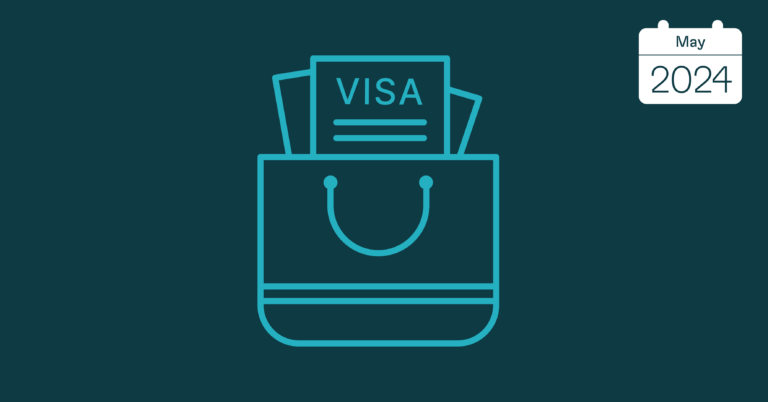On 25 September 2017, the Kurdistan Regional Government (KRG) went ahead with a controversial vote on independence – deemed unconstitutional by Baghdad – with Kurdish voters coming out in overwhelming support of the ‘yes’ vote. While concerns were raised by local minority communities such as Arabs and Turkmen, with some reports of isolated clashes and unrest in mixed towns, the initial reaction to the vote within Kurdistan was euphoric.
This euphoria was quickly dampened by the immediate response of the Kurdistan region’s neighbours: Turkey condemned the vote, increasing the number of troops deployed on its shared border and closing its airspace to flights to and from Kurdistan; Iran also condemned the vote and closed parts of the border; Baghdad blocked all international flights to the region, blocked fuel exports and called for the arrest of the vote’s organisers.
The situation further escalated on 16 October, when Iraq’s federal government launched a major operation to retake control of Kirkuk and a number of other territories that the Kurdish region expanded into as it pushed out the Islamic State (IS) over the last several years. While the KRG initially took a conciliatory position – ordering Peshmerga forces to withdraw without fighting in the face of pro-Baghdad forces, and calling for a peaceful resolution of the issue – violent armed clashes erupted on 20 October in Altun Kupri, northwest of Kirkuk, raising concerns that the conflict may escalate.
While the Iraqi government is unlikely to attempt to push further into the Kurdistan region, its offensive on contested areas such as Kirkuk has been widely supported by the Iraqi public and is seen as a key method for Prime Minister Haider al-Abadi to increase his popularity ahead of parliamentary elections in 2018. However, with the Shia Popular Mobilisation Forces leading the offensive – many of whom have close ties to Iran and the Islamic Revolutionary Guard Corps (IRGC) and over which the Iraqi military has little direct control – there is no guarantee that these forces will not press the offensive. Kurdish news sources have repeatedly accused Shia forces of beheading captured Peshmerga soldiers, heightening tensions in border towns and in Kurdistan itself.
In the wake of the offensive, significant pressure has been placed on the Kurdish region’s already strained economy – the Joint Crisis Coordination Centre (JCCC) reports that over 170,000 people have been displaced from the contested areas to Kurdistan, adding to the already large numbers of displaced people in the region due to the conflict with IS. The effective closure of the region’s airspace, as well as limitations on its oil exports, further limits the region’s ability to support the displaced, as well as its own armed forces.
The crisis has presented an opportunity for Russia to attempt to subvert and replace US influence in the region; Rosneft, a major oil company close to the Russian regime, has increased its investment in the region’s oil pipeline, a move seen by many as a sign of Russian support. With reports that US-provided weapons were used by members of the Shia PMFs against the Peshmerga, and little sign that US President Trump intends to intercede in the conflict, the move may signal a shift in Kurdish politics towards Russia and away from the United States.















